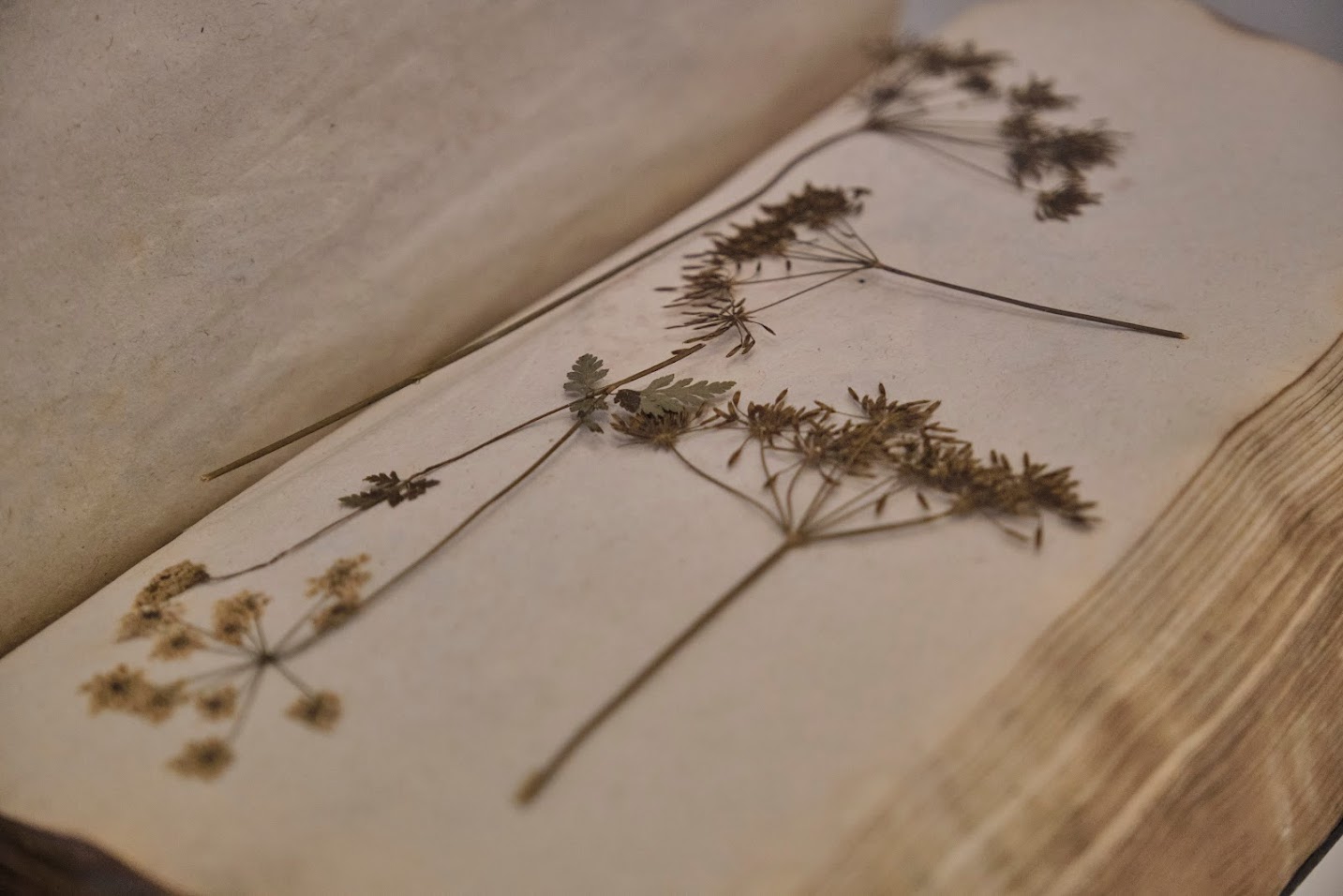As the science museum of the University of Göttingen, the Forum Wissen is more than just an exhibition center. It is a space for active research and teaching.
Teaching
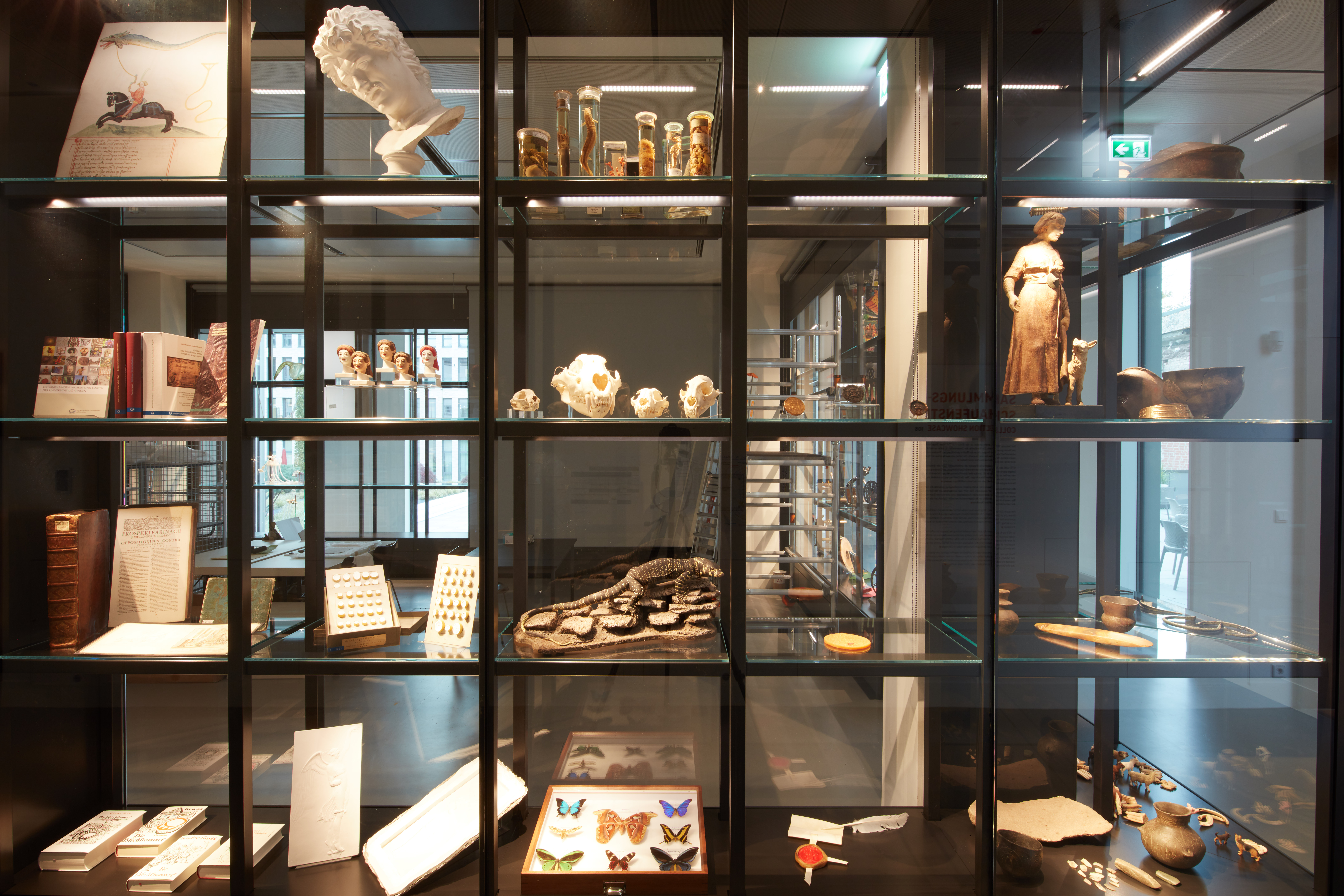
Currently, interdisciplinary teaching on objects from the Göttingen collections is being further developed at the Forum Wissen together with the Department for the Materiality of Knowledge and the individual collections.
Interdisciplinary courses: Object-based teaching, certificate program “Object Competencies”, study focus “Material Humanities
Exhibitions as a method of science communication are also being developed together with students and teaching staff.
To this end, exhibition seminars are regularly held in the Forum Wissen collections showcase.
The aim is to communicate current research to the general public.
Research
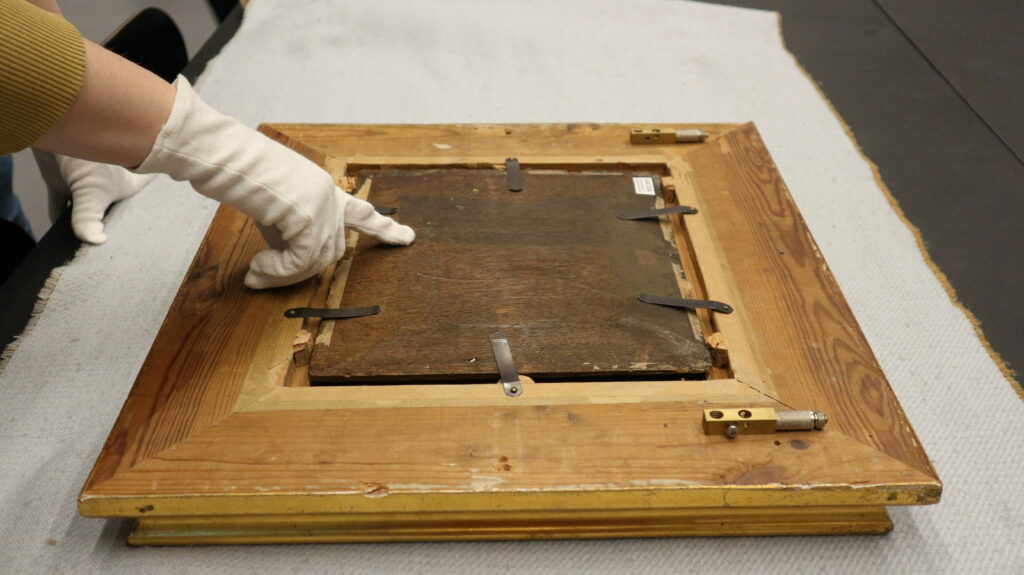
Various research projects on the university’s collections and areas of science communication are also based at the Forum Wissen and the Central Custody.
One research focus is provenance research. Provenance research asks how objects were collected, acquired and appropriated and how they ended up in the collections.
The analysis of collections from colonial contexts is of particular importance.
The collections of the University of Göttingen are both the subject of research and partners in research projects.
Current Research Projects
Human Remains From Colonial Contexts – Provenances research in the anthropological collections of the University of Göttingen and MARKK Hamburg
The University of Göttingen and the MARKK Museum of World Cultures and Arts in Hamburg are jointly investigating the provenance of human remains from formerly colonized areas. The research project is dedicated to human remains that were kept between the end of the 19th and the beginning of the 20th century as the so-called “Anthropological Collection” in the former Museum of Ethnology in Hamburg (now MARKK) and were handed over to the University of Göttingen in several stages after the department was dissolved in the early 1950s. As far as we know at present, 57 human remains remain in the MARKK, which are now being examined together with holdings in Göttingen so that discussions can then begin about their repatriation.
For more information and contact:
Duration: 01/2024-12/2025
Funded by: Deutsches Zentrum Kulturgutverluste
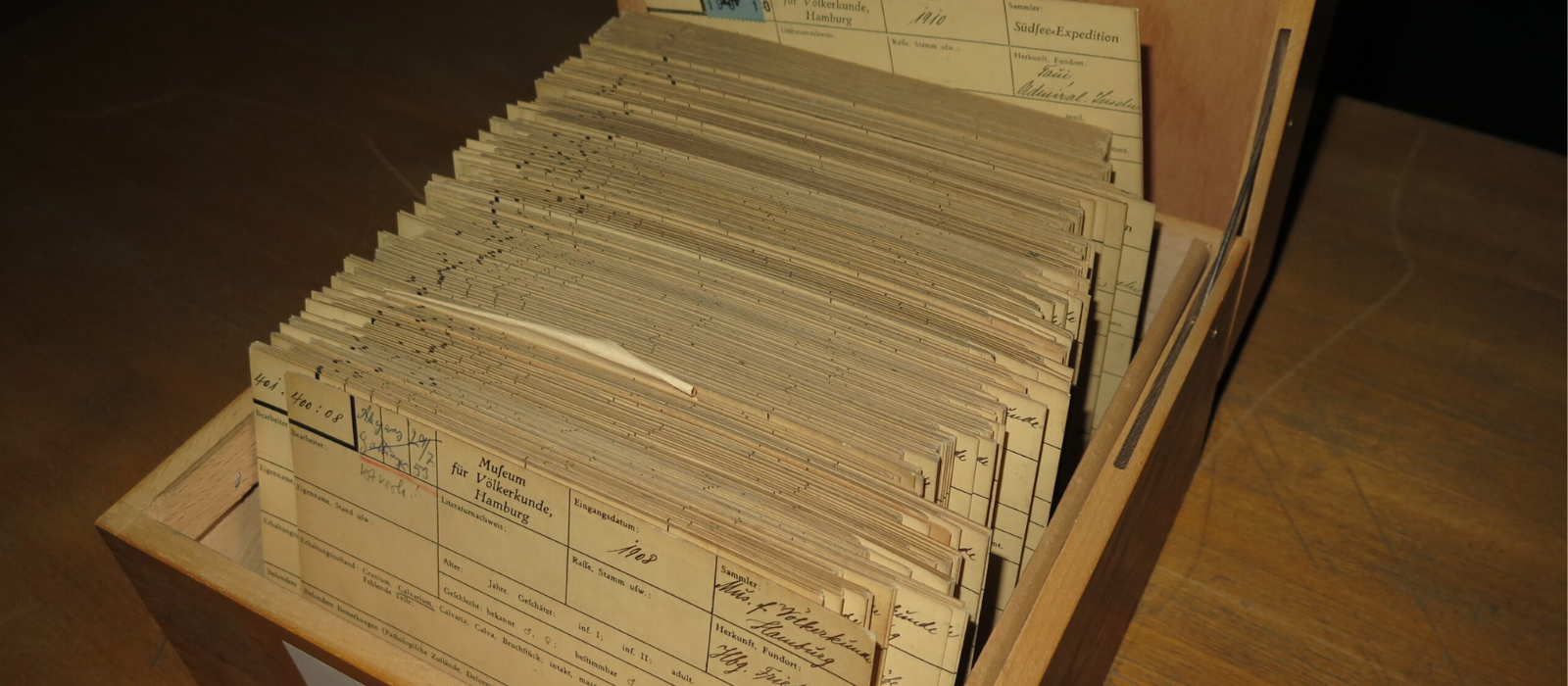
Inquired – Communicating Provenance Research
Urban history museums are also dedicated to provenance research. This is also the case in southern Lower Saxony, where provenance research on unlawfully confiscated cultural assets was carried out by Dr. Christian Riemenschneider from the Landschaftsverband Südniedersachsen e. V. on the initiative of the Provenance Research Network of Lower Saxony from 2016 to 2021. In the “Inquired” project, innovative and participatory mediation concepts are being researched and implemented in order to make these findings accessible to the public. The results of the pilot project will be incorporated into a special exhibition at the Forum Wissen.
Duration: 01/2024-12/2025
Funded by: Programm Pro*Niedersachsen, VGH-Stiftung, Nieders. Sparkassenstiftung, Partnerschaft für Demokratie Harz/LK Göttingne, Partnerschaft für Demokratie LK Northeim, AKB Stiftung und Sparkasse Osterode
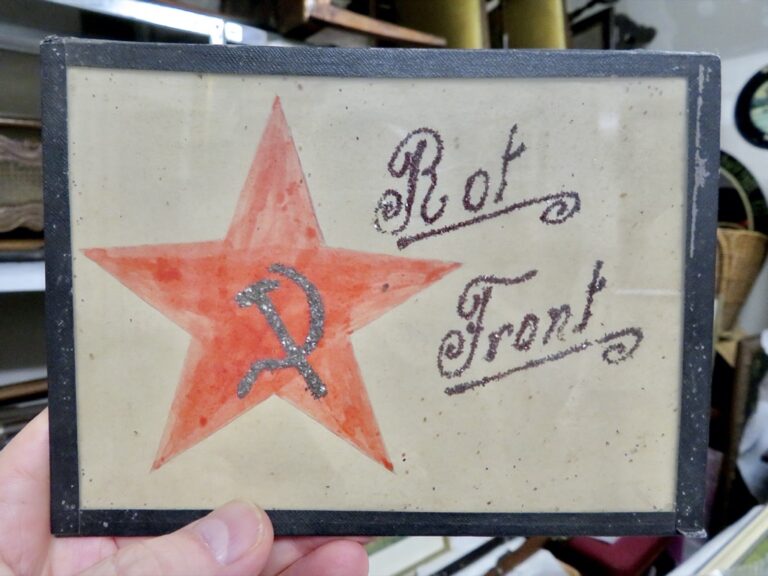
Completed Research Projects
Sensitive Provenances
The “Sensitive Provenances” research project at the University of Göttingen aimed to open up ways of potentially returning human remains to former colonial territories. Guest researchers from Cameroon, Tanzania, New Zealand, Fiji and Palau conducted research on around 100 of the 1,800 human remains currently stored in the Blumenbach Skull Collection and the Historical Anthropology Collection at the University of Göttingen. The online exhibition “Unpacking Colonialism” shows some of the results.
Duration: 01/2020-03/2024
Funded by: Volkswagen Stiftung
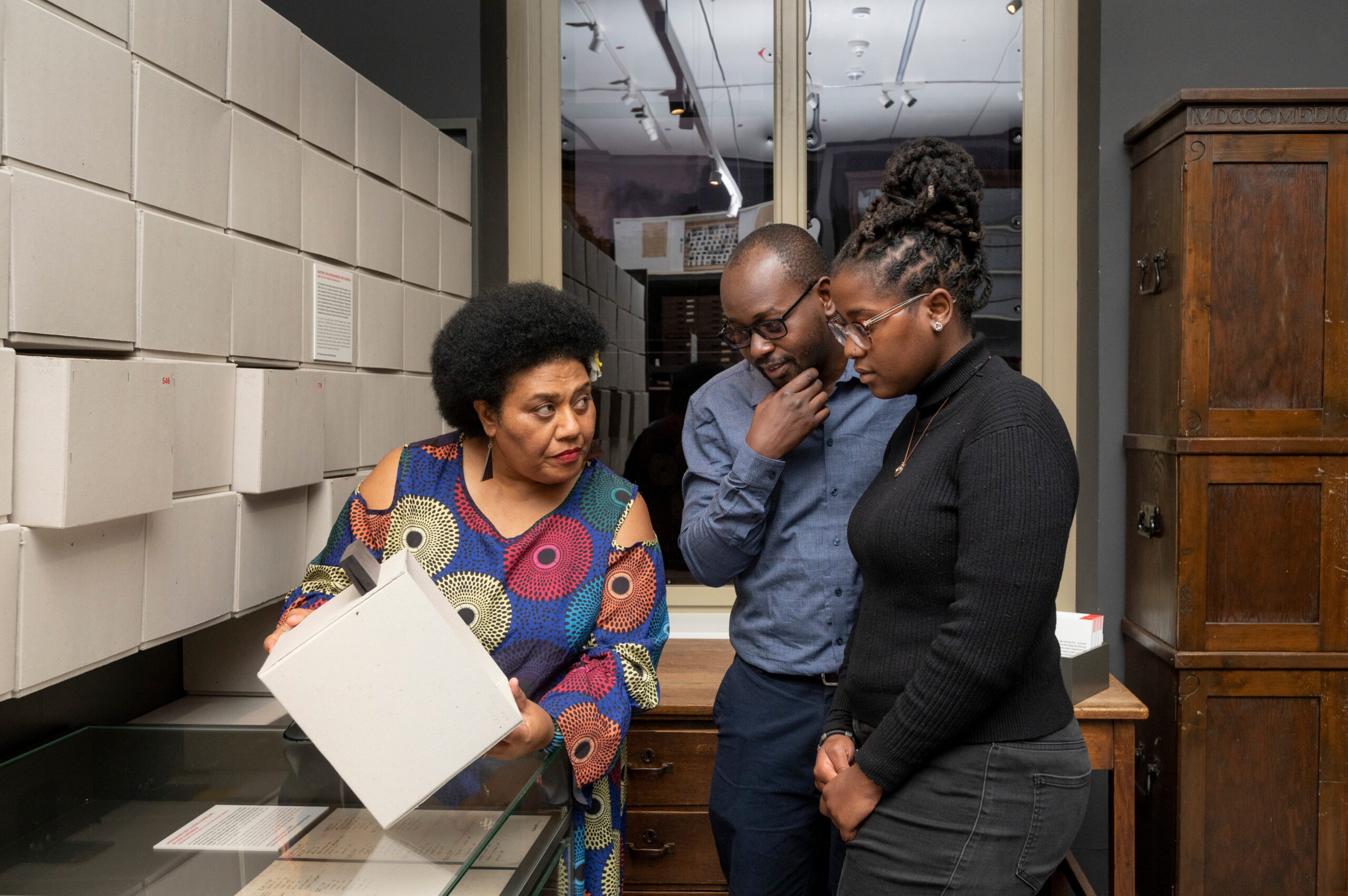
More completed research projects
Research College “Knowledge | Exhibiting. A knowledge history of exhibitions in the second half of the 20th century”
The subject area of knowledge and exhibiting was researched in eight main topics – colonialism, migration, war, ethnology, Vikings, images, ethics and science. The research college was based at the Georg-August-Universität Göttingen and was realized in cooperation with the Forum Wissen and other museums in Germany and abroad.
Duration: 2018-2023
Funded by: Volkswagen Foundation
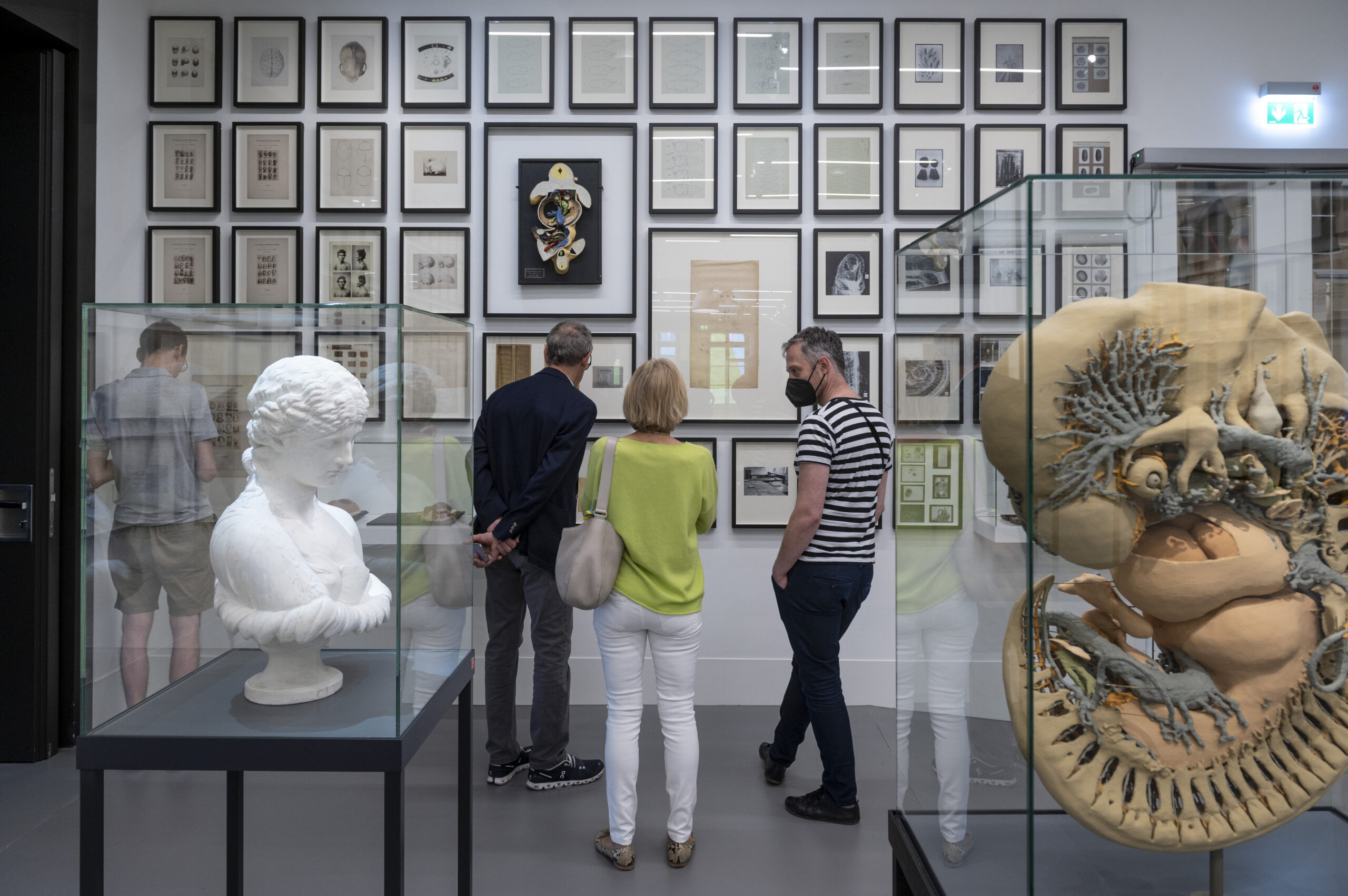
umgePOHLt
umgePOHLt was a research project by Dr. Michael Markert on Pohl’s basic lecture in experimental physics and on Pohl’s teaching style and its influence. More information can be found in the blog “Schattenprojektionen”. The research project resulted in the digital exhibition of the same name.
Duration: 04/2020-03/2022
Funded by: Ministry of Science and Culture of Lower Saxony
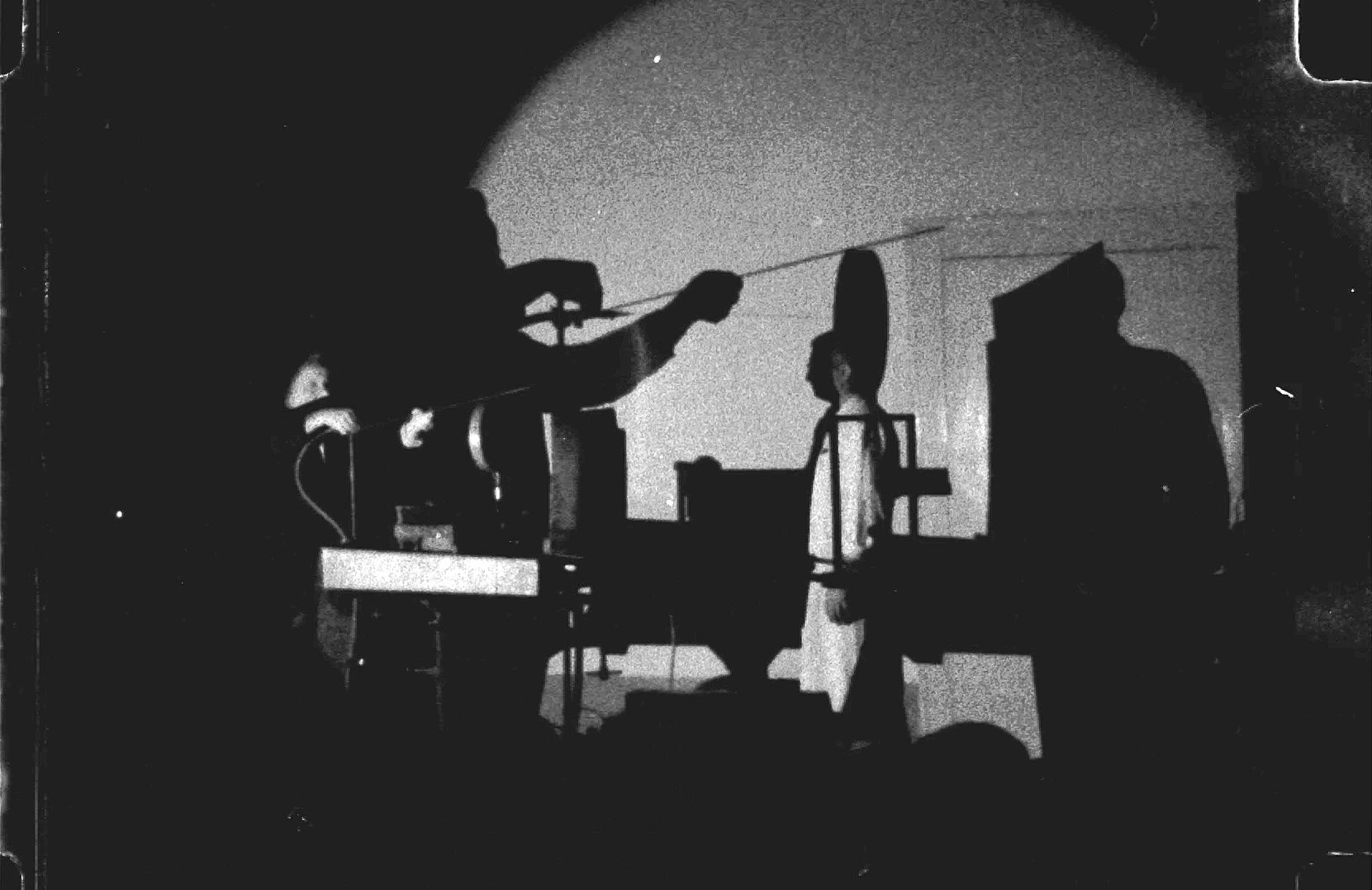
Provenance Research On The Blechschmidt Collection
As part of the project, the provenance of 430 histological section series of human embryos and fetuses in the so-called “Blechschmidt Human Embryology Documentation Collection” at the Center for Anatomy at the University of Göttingen was investigated. The specimens were the basis for the scientific life’s work of the anatomist Erich Blechschmidt (1904-1992), who headed the former Institute of Anatomy from 1942 to 1973. In his publications, Blechschmidt gave hardly any information about the origin and collection of the specimens, especially in the first years of his work in Göttingen during the Nazi era.
Duration: 08/2017-07/2019
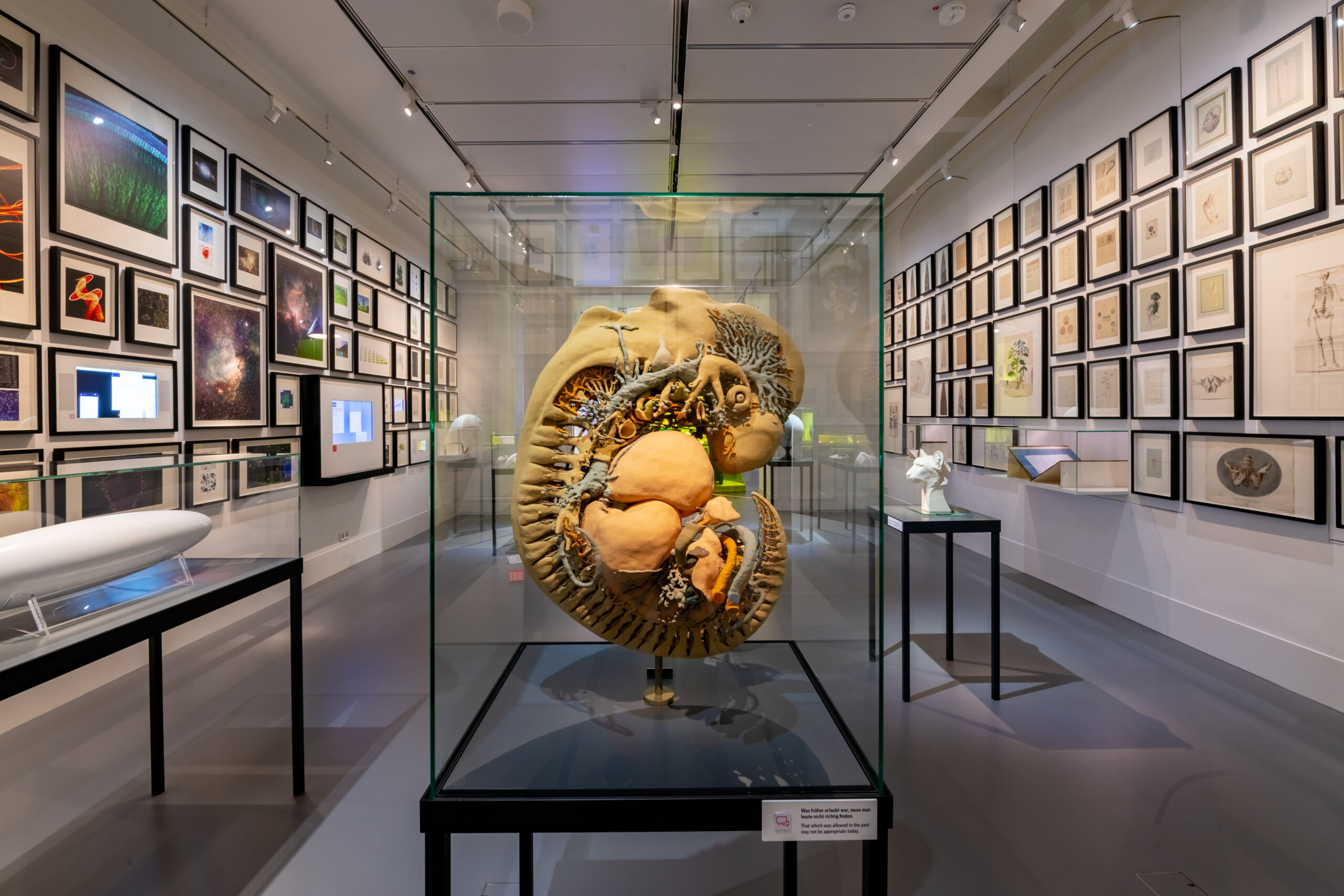
Researching The Process Of Collecting
Art history, archaeology or ethnology – how did university collections in the 18th century influence the development of these subjects? What role did the Royal Academic Museum, which was founded in Göttingen in 1773, play in this? The research project “Researching the process of collecting – the history and scientific updating of the collections of the University of Göttingen in
the context of museum theory and ethnological discourses” was developed jointly by the Central Custody of the University of Göttingen and the Department of Collecting and Exhibiting in Theory and Practice at the Berlin University of Applied Sciences (HTW). It resulted in the exhibition “Tiny unpredictable material objects.”
Duration: 2017-2019
Funded by: Volkswagen Foundation
